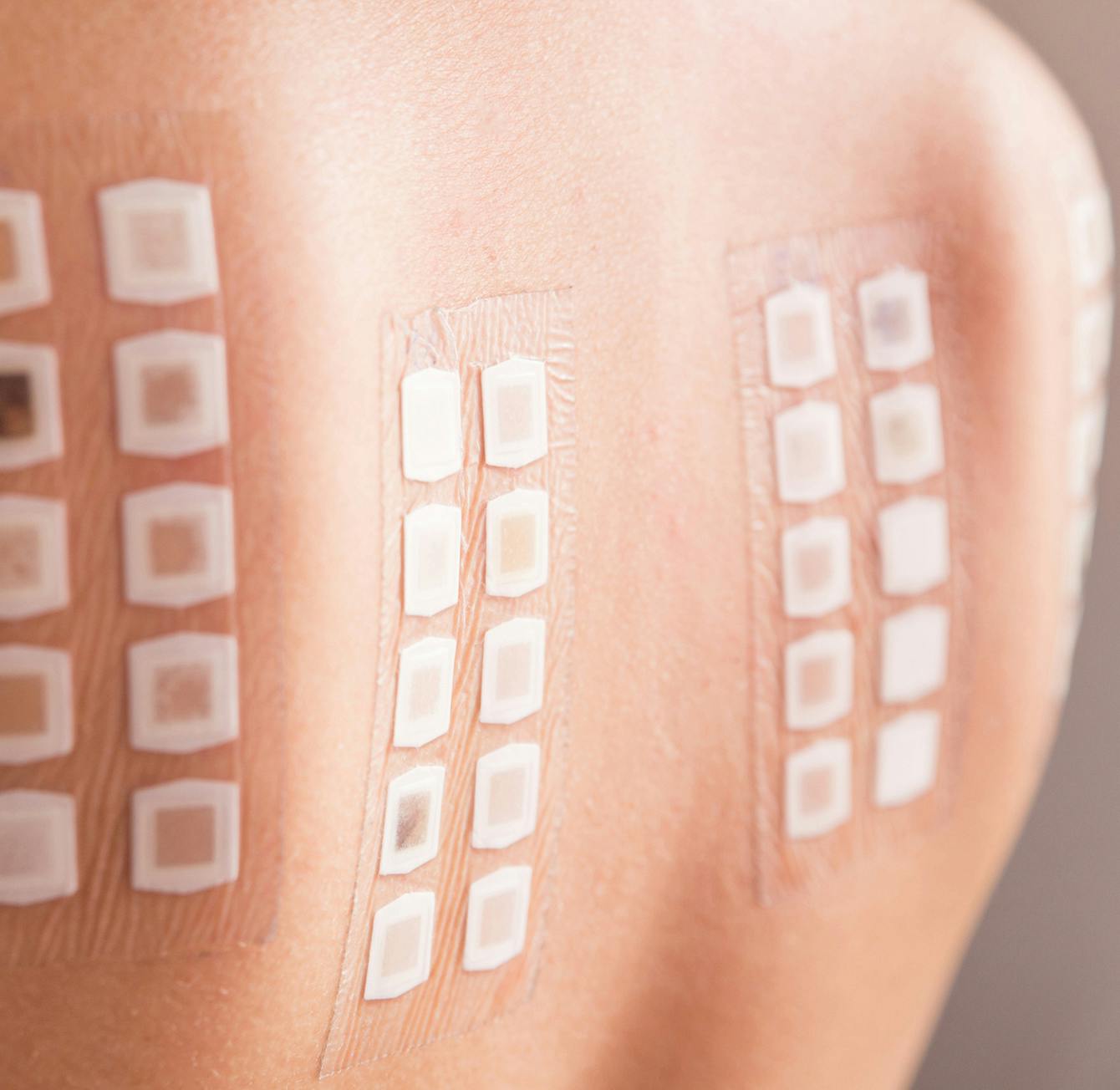Allergies can significantly impact your daily life, causing discomfort and distress. Allergy testing is vital in identifying specific allergens, enabling you to seek relief and take control of your allergies. If you've been dealing with allergies, you understand the need for a treatment that works. At Louisiana ENT, we offer world-class allergy testing services designed to pinpoint your allergens accurately.
Lorem ipsum dolor sit amet, consectetur adipisicing elit. Ad alias animi commodi distinctio doloremque eum exercitationem facilis in ipsum iusto magnam, mollitia pariatur praesentium rem repellat temporibus veniam vitae voluptatum.
Lorem ipsum dolor sit amet, consectetur adipisicing elit. Ad alias animi commodi distinctio doloremque eum exercitationem facilis in ipsum iusto magnam, mollitia pariatur




